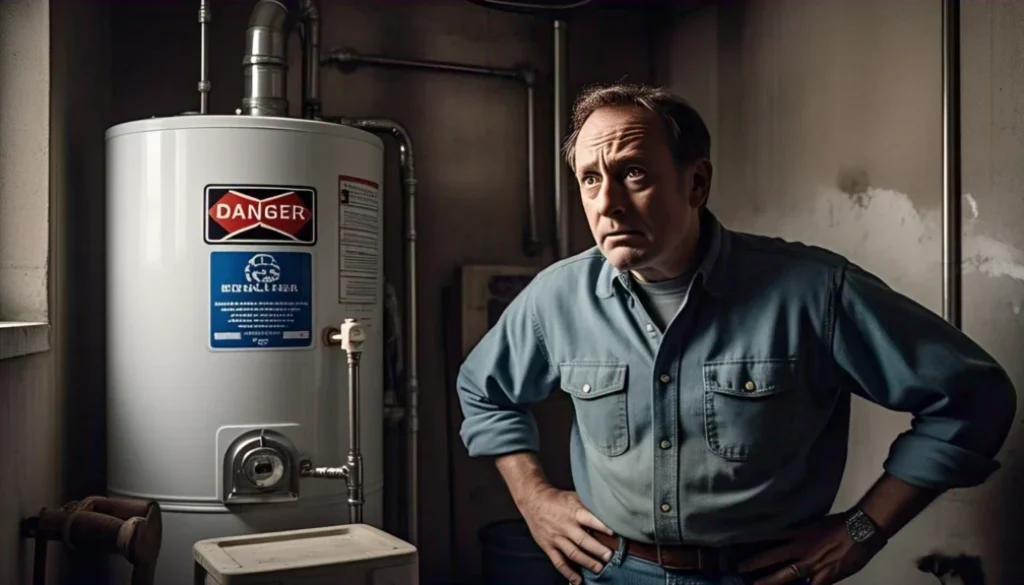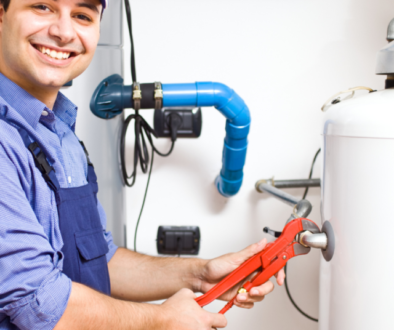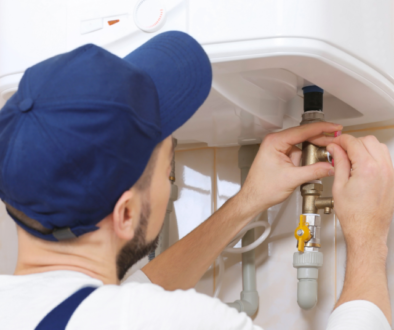7 Warning Signs Your Water Heater Is About to Fail
Learn to identify the warning signs of a failing water heater before disaster strikes. Save yourself from cold showers and expensive emergency repairs with these critical tips.
Ever stepped into the shower on a frosty Connecticut morning only to be greeted by an icy blast instead of the warm embrace you were expecting? I’ve been there, and let me tell you – it’s not the wake-up call anyone wants. For us Litchfield County homeowners, a failing water heater isn’t just an inconvenience; it’s potentially a disaster waiting to happen.
Your water heater works tirelessly behind the scenes, quietly providing comfort until one day, it doesn’t. But here’s the good news: these hardworking appliances rarely fail without warning. By recognizing the signs early, you can avoid cold showers, water damage, and the panic of emergency replacements.
Let’s dive into the seven telltale signs that your water heater is crying out for help before it completely gives up the ghost.
1. You're Getting the Cold Shoulder: Inconsistent Water Temperature
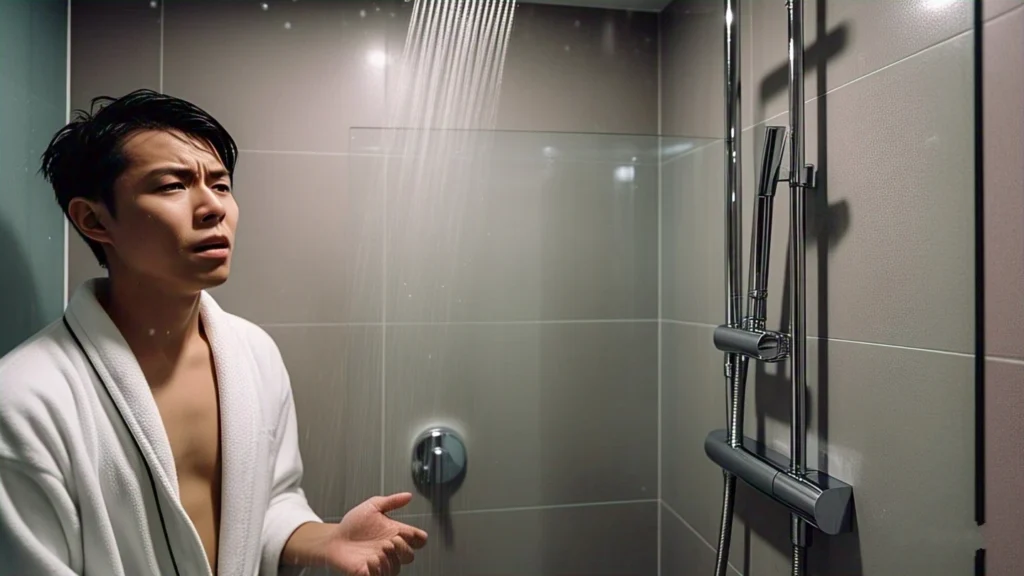
Remember when your shower stayed hot long enough to belt out your favorite song? If those days are gone and you’re now racing through rinses because the hot water vanishes faster than snow in April, your water heater is sending you a clear SOS.
Over time, sediment builds up at the bottom of your tank, creating a barrier between the heating element and the water. This forces your water heater to work overtime just to deliver lukewarm results.
“Recent studies indicate that sediment buildup can reduce a water heater’s efficiency by up to 50%,” according to plumbing experts at Angi. This not only leads to temperature issues but also drives up your energy bills.
What to do: Try flushing your water heater annually to remove sediment. If you’ve never done this before, it might be time to call in a professional to assess the damage.
2. The Mystery Puddle: Leaks and Moisture
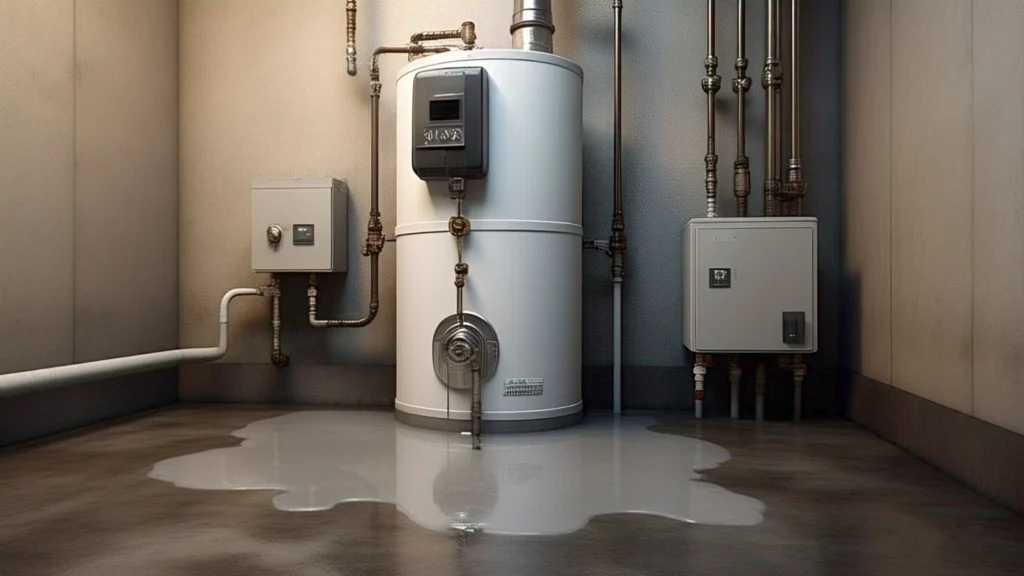
Finding water pooling around your water heater is never a good sign. Whether it’s a slow drip or a small puddle, any moisture around the tank indicates trouble.
Small leaks often signal that the tank’s structural integrity is compromised. As the metal tank repeatedly heats and cools, it expands and contracts, eventually developing tiny fractures. Once these cracks form, they only get worse – never better.
What to do: First, check all connections and valves to rule out loose fittings. If everything’s tight but water still appears, it’s time to start shopping for a replacement before you’re dealing with a flooded basement.
3. The Symphony of Strange Noises: Rumbling, Popping, and Banging

If your water heater has started performing its own percussion solo, it’s not discovering a new musical talent – it’s crying for help.
Those banging, rumbling, or popping sounds are caused by hardened sediment tumbling around inside your tank. As the heating element works, it causes water to boil around these sediment deposits, creating the unsettling soundtrack.
Think of it like a pot of water with stones at the bottom – as it heats, the water trapped beneath the sediment creates steam bubbles that pop loudly when they escape.
What to do: Sometimes a thorough flushing can silence the symphony. However, if your tank continues its concert even after maintenance, the sediment may have already caused damage to the heating elements or tank lining.
4. Rusty Redemption: Discolored Water

When your morning coffee isn’t the only thing that’s brown in your kitchen, you’ve got trouble. Rusty or discolored hot water is a classic sign that your water heater is corroding from the inside out.
If only your hot water has a reddish or brownish tint (while cold water runs clear), the problem is almost certainly within your water heater. The tank’s interior lining is breaking down, releasing rust into your water supply.
What to do: Check your anode rod – this sacrificial component is designed to attract corrosive elements and can be replaced. However, if corrosion has already spread to the tank itself, replacement is your only option.
5. The Age Factor: Your Water Heater Has Reached Retirement Age
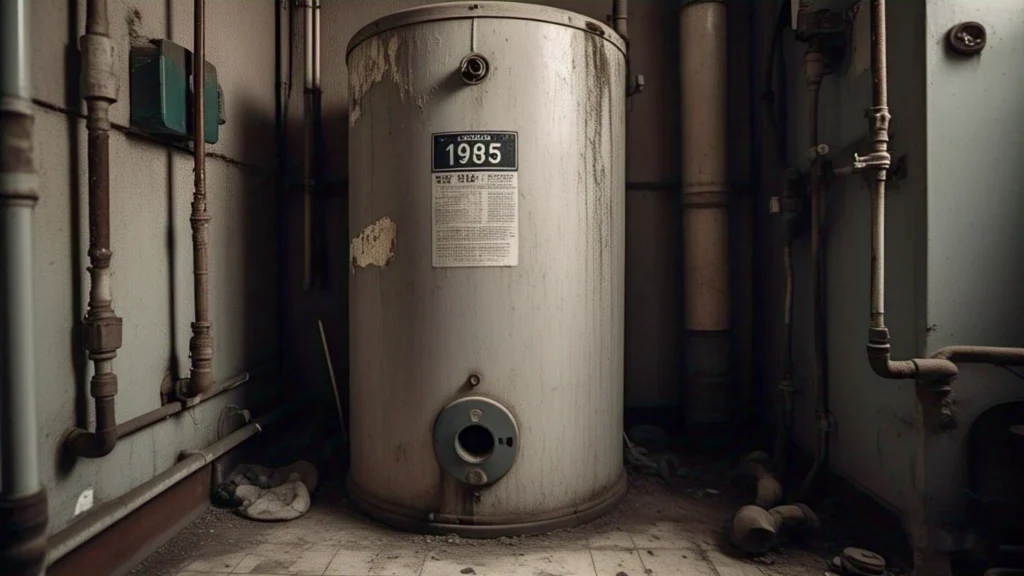
Like all of us, water heaters don’t improve with age. The typical lifespan of a traditional tank water heater is 8-12 years. If yours is approaching or has passed this milestone, it’s living on borrowed time.
Here in Litchfield County, our hard water can be particularly harsh on water heaters, potentially shortening their lifespan even further. The minerals in our water accelerate sediment buildup and corrosion.
What to do: Check the manufacturer’s label for the production date. If your unit is approaching the decade mark, start researching replacement options before you’re forced into an emergency purchase.
6. The Smell Test: Metallic Odor or Rotten Egg Scent
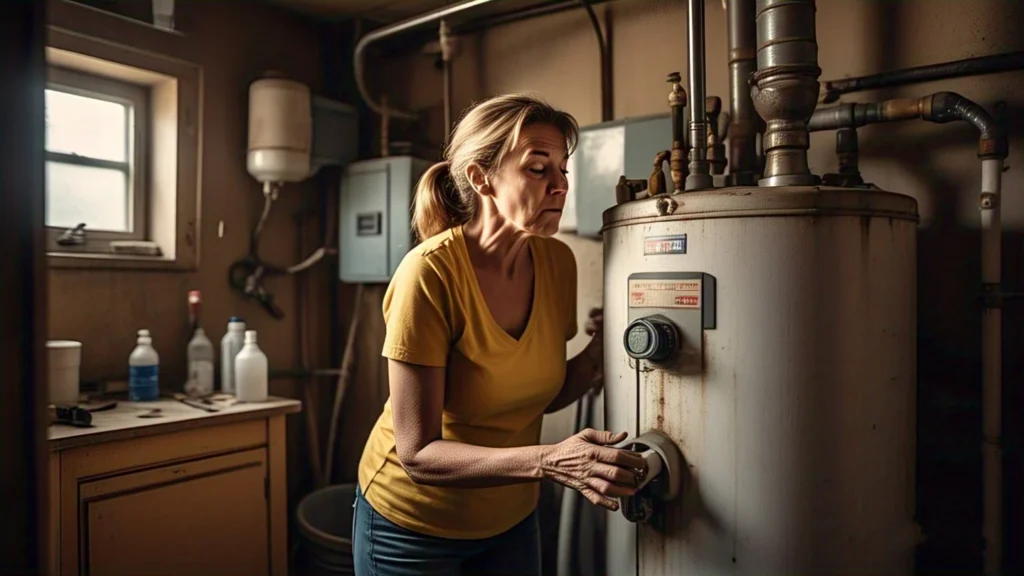
If your hot water smells like rotten eggs or has a metallic odor, your nose is detecting trouble. These unpleasant scents can indicate bacterial growth within the tank or a deteriorating anode rod.
The sulfur smell (rotten eggs) often occurs when bacteria react with the anode rod, while a metallic smell typically signals that the interior glass lining of your tank is cracking, exposing the metal underneath.
What to do: Sometimes replacing the anode rod can solve odor issues. However, if the problem persists, bacteria may have established themselves throughout your tank, which is difficult to completely eliminate.
7. Frequent Repair Visits: Your Plumber Is on Speed Dial

If your water heater requires more maintenance than your car, it’s telling you something. Multiple repair visits within a short timeframe signal that your unit is reaching the end of its useful life.
When repair costs start mounting, it’s time to do some math. If you’re spending a significant amount on repeated repairs, replacement often becomes the more economical choice in the long run.
Water Heater Replacement: An Investment in Peace of Mind
For Litchfield County homeowners, replacing a water heater before it fails completely isn’t just about avoiding the inconvenience of cold showers—it’s about protecting your home from potential water damage and energy waste.
When selecting a new water heater, consider these options:
| Water Heater Type | Average Lifespan | Best For |
|---|---|---|
| Traditional Tank | 8-12 years | Families on a budget |
| Tankless | 15-20 years | Long-term investment, space-saving |
| Hybrid/Heat Pump | 13-15 years | Energy efficiency, rebate eligibility |
Remember, the cheapest option isn’t always the most economical in the long run. A more efficient model might cost more upfront but save substantial money on energy bills over its lifetime.
Conclusion: Don't Wait Until You're Left in the Cold

Your water heater gives plenty of warning before it fails completely. By recognizing these seven signs, you can take control of the situation, plan for replacement on your terms, and avoid the stress of emergency repairs.
Here in Litchfield County, where winter temperatures regularly dip below freezing, having reliable hot water isn’t a luxury—it’s a necessity. If you’ve noticed any of these warning signs, don’t wait until you’re taking ice-cold showers to take action.
Contact a trusted local plumber to evaluate your water heater’s condition and discuss replacement options that fit your home’s needs and your budget. Your future self (especially the one who enjoys long, hot showers in January) will thank you.

